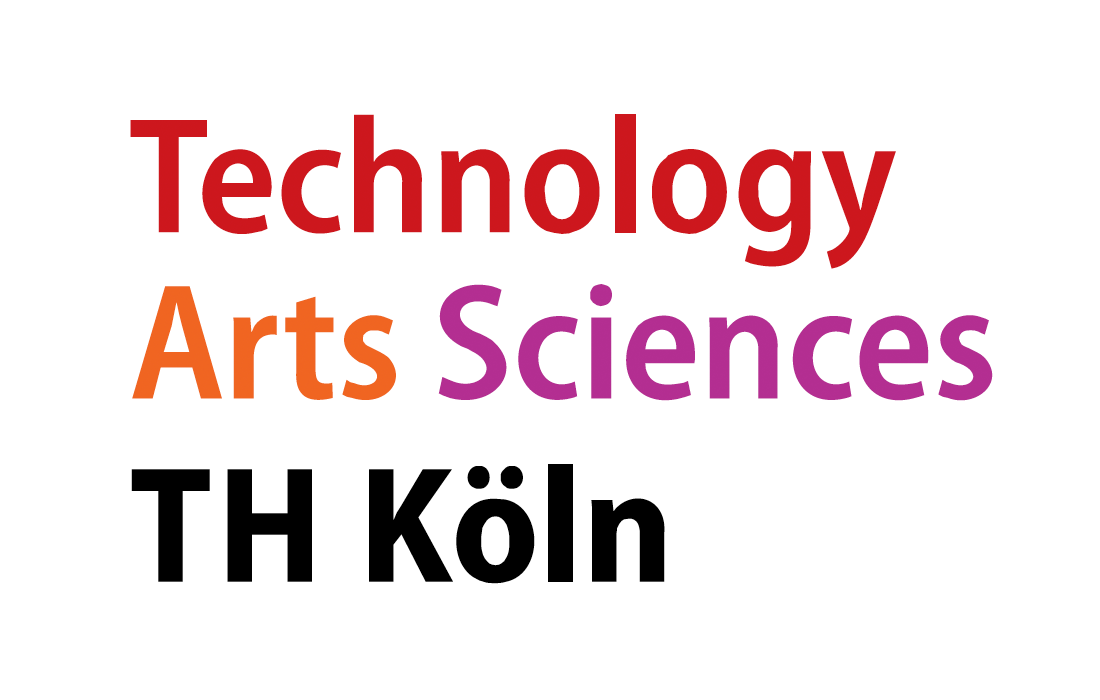Competencies
Competence is defined as the ability to combine knowledge and skills in such a way that job-related tasks can be mastered independently, on one's own responsibility and in a manner appropriate to the situation in accordance with the requirements.
All focus areas in this degree program deal in different ways with the specification, implementation, operation and further development of digital systems. It therefore makes sense to structure the competencies to be acquired according to a life cycle model. Life cycle models are very common in all areas of management, organizational theory and digitalization in general.
A competence cluster structure based on this offers a useful orthogonal complement to the focus areas, which tend to structure the study content according to specialist and socially relevant aspects.
The competence clusters relevant for the study program are listed below.
Develop Visions
Graduates are able to analyze subject domains and uncover relationships of entities and concepts both within and between domains. This is an essential prerequisite for the conception and implementation of digital artifacts for very different social and economic areas.
For this purpose, graduates are able to independently acquire new methods and new knowledge. They recognize what knowledge is relevant to them in a particular domain by working scientifically, analytically and reflectively. They are proficient in methods for analyzing domains and their specialized languages, and can document and communicate the findings in a formally precise and at the same time comprehensible manner.
Analyze Domains
Graduates are able to analyze subject domains and uncover relationships of entities and concepts both within and between domains. This is an essential prerequisite for the conception and implementation of digital artifacts for very different social and economic areas.
For this purpose, graduates are able to independently acquire new methods and new knowledge. They recognize what knowledge is relevant to them in a particular domain by working scientifically, analytically and reflectively. They are proficient in methods for analyzing domains and their specialized languages, and can document and communicate the findings in a formally precise and at the same time comprehensible manner.
Model Systems
Graduates will be able to translate domain knowledge into models of reality. This ability to model is a basic skill for any occupation with digitization. Models are used in numerous aspects - whether as mathematical models for describing or evaluating data, for specifying complex software systems, as business or operating models, or for critically evaluating artifacts according to an ethical or economic target system.
In order to be able to successfully implement the recurring activity of model building, graduates have a comprehensive knowledge of methods. This is broadly based in the sense of a “T-Shaped Competence”, but goes into depth in the respective specialization - mathematical, software-technical, operational or business management.
Furthermore, graduates are trained to think in meta-levels and thus to structure complex contexts mentally and communicatively. They recognize patterns and abstract. Furthermore, they are used to tolerating contradictory and incomplete problem spaces (tolerance of ambiguity).
Implement Concepts
Graduates are able to implement concepts in practice and ensure their quality and safety. Depending on the specialization, these can be very different systems, from AI systems to operational application systems. They are proficient in the methods required to implement them, for example in the area of programming software engineering, process control, etc.
In addition, graduates will be able to apply document-centric as well as agile incremental-iterative process models to involve customers and stakeholders in the development process. They can apply techniques for leading and moderating teams, but also work in self-organized teams.
Graduates are familiar with methods of risk assessment and quality assurance and are able to apply these to a digital product. In doing so, they follow a culture of automation as far as possible.
Deploy Products
Graduates will be able to transfer digital artifacts into productive use and monitor and control their operation. They use technologies that correspond to the current status in terms of usability, security, robustness, scalability, etc.. In doing so, they are able to carry out continuous quality and risk assessments. They translate the findings into continuous improvements and automation.
Beyond the operational aspects, graduates are familiar with the various marketing models of digital products and know the value of open software development (open source) with its important legal and social implications. This also includes economic considerations and aspects of technology assessment.
Optimize Systems
Graduates are able to optimize digital and socio-technical systems and critically reflect on their own actions. This is indispensable in order not to lose touch with one’s own target system in the rapidly changing VUCA world, but also in order to be competitive in the long term.
Graduates use the retrospective method not only with regard to conception and development processes, but also subject digital artifacts to critical analysis. In doing so, they are able to derive evaluation criteria from target systems and ethical standards and to formalize them as evaluation parameters.
Apply Standardization
Graduates are familiar with the available technologies in their field and use open and sustainable standards wherever possible and appropriate. In addition, they are able to recognize patterns in the code and architecture of the digital artifacts they create and to transfer them into team, organization or industry-wide standards.
This includes software engineering methods to identify candidates for such standards and to provide them with formal specifications. Graduates understand the value of technical ecosystems and the risks of going it alone, and act (as far as possible) from a culture of knowledge sharing.
